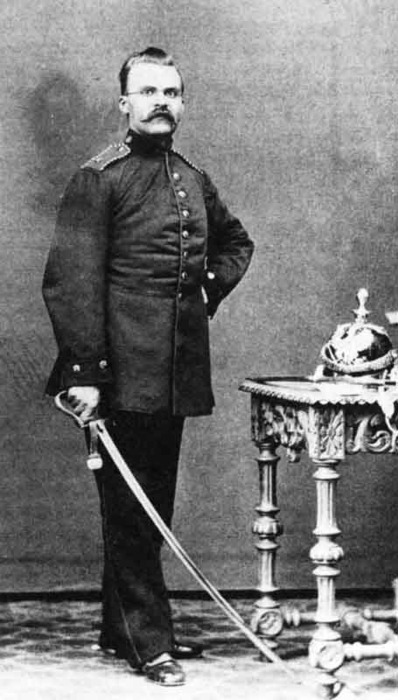Postmodern Strategy [Explaining Postmodernism audiobook]
This is the sixth and final chapter of the audiobook version of Explaining Postmodernism: Skepticism and Socialism from Rousseau to Foucault. Chapter Six: Postmodern Strategy [mp3] [YouTube] [54 minutes total] Connecting epistemology to politics [mp3] [YouTube] Masks and rhetoric in language [mp3] [YouTube] When theory clashes with fact [mp3] [YouTube] Kierkegaardian postmodernism [mp3] [YouTube] Reversing […]
Postmodern Strategy [Explaining Postmodernism audiobook] Read More »
